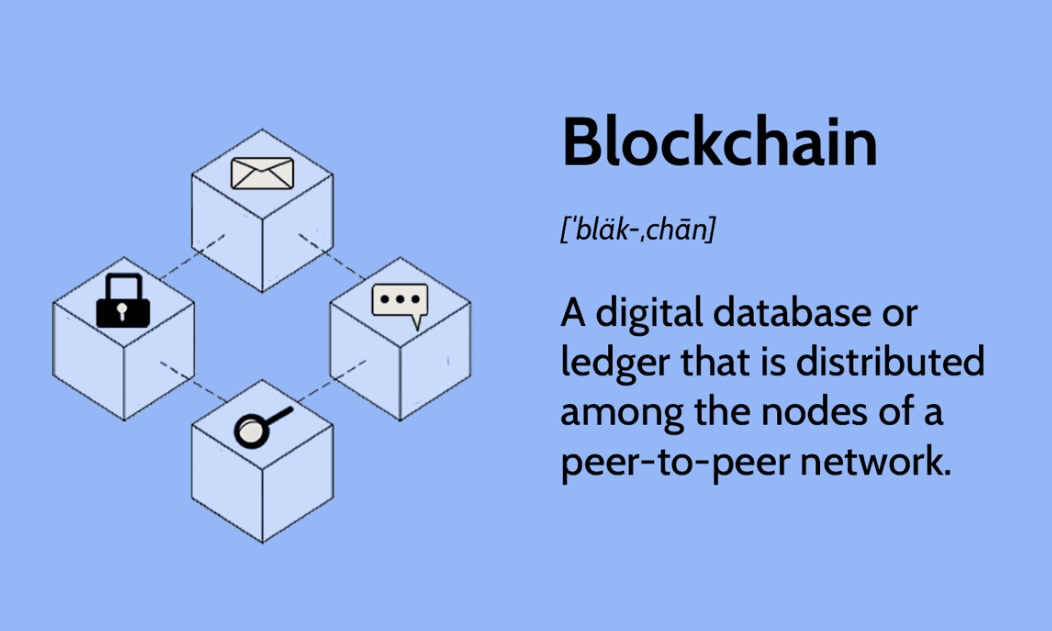By Polina Pallieraki,
In an era of rapid technological developments, where information and the security of its movement are becoming cornerstones of the global economy, blockchain is emerging as one of the most radical and defining innovations. Although initially associated with cryptocurrencies, this technology has now penetrated a multitude of sectors, reshaping traditional structures and processes. The study of its impact is not limited to its technical background, but also extends to its socio-economic dynamics. As the world continues to evolve, there is a dire need for ongoing change to keep pace with the many and rapid shifts. Especially with the rise of e-commerce and the millions of online transactions taking place, it is important to adapt to new developments introduced to streamline processes.
Blockchain is a distributed and decentralized database, where each transaction is recorded securely and transparently. Its architecture is based on the principle of encrypted recording, with each new entry irrevocably linked to the previous ones. The absence of a central control body and the impossibility of arbitrary modification of records make it a powerful tool for trust and reliability.

The economic impact of blockchain is multi-layered. On the one hand, it radically transforms the financial sector through the creation of digital currencies, facilitating transactions without intermediaries and reducing costs. On the other hand, it paves the way for the implementation of smart contracts, which are automatically executed when predefined conditions are met, eliminating the need for legal intermediaries and accelerating business processes. At the same time, it reduces fraud, enhances transparency, and promotes accountability.
On a social level, blockchain technology creates new possibilities for participation and democracy. Applications such as digital identification and decentralized voting platforms give citizens greater control over their personal data and political engagement. The decentralization of information and economic power can help redress inequalities, particularly in emerging markets where access to traditional market infrastructures is not guaranteed.

Blockchain is not just a technological innovation but a catalyst for socio-economic restructuring. It is transforming the way we transact, trust, and operate as citizens in an interconnected world. Its full adoption, through accompanied by challenges and regulatory concerns, signals a shift toward a more transparent, decentralized, and equitable future. In this transition, understanding and adapting to new conditions is a shared responsibility of both governments and citizens, given the continuously escalating changes reshaping the world. The response to the skepticism surrounding this new technology—something very common in this field—is not to dismiss or condemn it, but to seek education, engage with it in practice, and realize that we are far more interconnected than we once believed.
References
- Blockchain Facts: What Is It, How It Works, and How It Can Be Used. Investopedia. Available here
- Let’s Talk Blockchain, Not “Crypto”. Enterprising Investor. Available here
- Blockchain: Τι είναι, πώς λειτουργεί και πώς μπορεί να χρησιμοποιηθεί. Papaki.com. Available here




